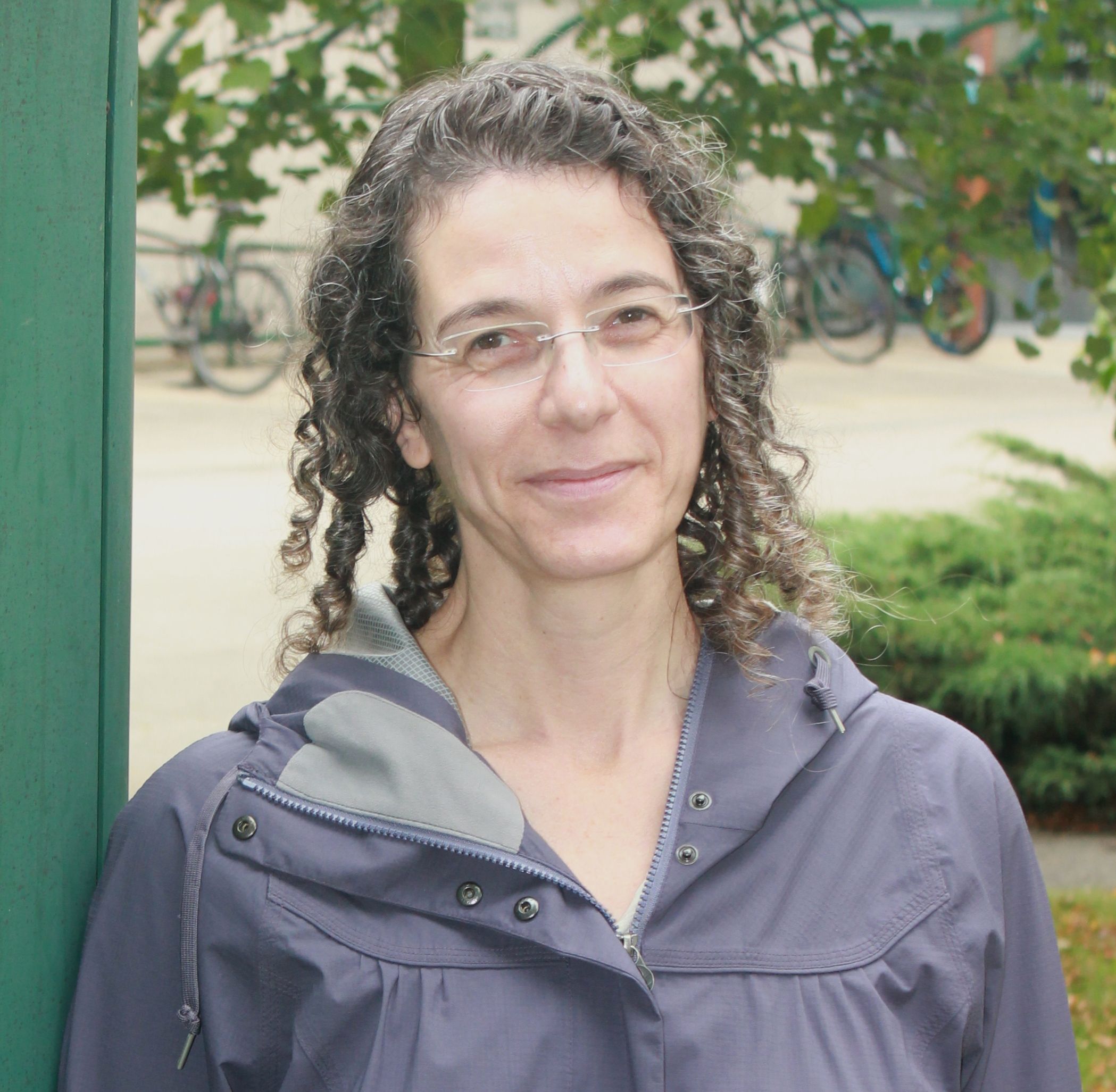Thursday, 20 January 2022
Experts at the University of Nottingham will look at the extent of pollution in and around abandoned lead mines in Wales, and what impact this could be having on the health of both wild and farmed animals in the mine locality.
The research is led by Andrea Sartorius and Dr Lisa Yon from the School of Veterinary Medicine and Science at the University.
Lead is a naturally occurring toxic metal, and even low amounts can negatively affect almost every system in the body.
 Andrea Sartorius, the lead academic
Andrea Sartorius, the lead academic
Mining for lead and other metals has been common practice around the world for thousands of years. Lead is currently used primarily in batteries and radiation shields, but historically it was found in a variety of items including jewellery, coins, pipes, ammunition, paint and petrol. By the early 20th Century, lead was known to be toxic, but it wasn’t until the 1980s and 1990s that most lead-based products were banned in the UK.
There are over 1,300 abandoned metal mines in Wales, many of which are located next to mining waste containing toxic metals, deposited as spoil heaps. There are also fine grained ‘tailings’ collected and stored separately, which usually have very high metal concentrations.
As many of these deposits have water courses running nearby or even through them, metals are washed and often carried to sites downstream, polluting that land as well. Animals can then become exposed to high levels of these toxic trace metals in soil, water and plants, putting them at risk of a variety of adverse health effects.
The team of researchers from Nottingham are examining areas in and around two abandoned metal mines in Wales to determine the spread and extent of the metal contamination.
While metal exposure may seem like a thing of the past, since metals do not degrade, metal pollution from hundreds or even thousands of years ago can still be present in the landscape today. The aim of this study is to understand the extent and effect of lead pollution from these mine sites.”
Dr Lisa Yon, who is supervising this project, said: “Metal exposure will likely increase in the future, as the frequency of storms increases. Such wind and rain storms can dislodge chunks of old mine spoil heaps, that enter rivers and streams, which distribute them further across the landscape.”
Andrea adds: “Understanding the extent of lead contamination will help encourage and focus efforts to clean up abandoned mine sites.”
 Dr Lisa Yon
Dr Lisa Yon
Natural Resources Wales (NRW) is a collaborator on the project. Paul Edwards, Senior Environmental Assessment Officer, said: “Abandoned metal mines are among the main sources of water pollution in Wales and NRW is committed to a programme of measures to deal with some of the most polluting sites. The research by the University of Nottingham will help us to target these measures to maximise the benefits to ecology and animal health in our rivers and on the land surrounding these sites.”
Dr Matt Johnson from Geography is a co-supervisor on this project, as is Professor Malcolm Bennett, also from the School of Veterinary Medicine and Science at the University.
An animation explaining the project can be found here.
Story credits
More information is available from Andrea Sartorius in the School of Veterinary Medicine and Science at the University of Nottingham at Andrea.Sartorius@nottingham.ac.uk
Notes to editors:
About the University of Nottingham
Ranked 97 in the world and 17th in the UK by the QS World University Rankings, the University of Nottingham is a founding member of Russell Group of research-intensive universities. Studying at the University of Nottingham is a life-changing experience, and we pride ourselves on unlocking the potential of our students. We have a pioneering spirit, expressed in the vision of our founder Sir Jesse Boot, which has seen us lead the way in establishing campuses in China and Malaysia - part of a globally connected network of education, research and industrial engagement.
Nottingham was crowned Sports University of the Year by The Times and Sunday Times Good University Guide 2024 – the third time it has been given the honour since 2018 – and by the Daily Mail University Guide 2024.
The university is among the best universities in the UK for the strength of our research, positioned seventh for research power in the UK according to REF 2021. The birthplace of discoveries such as MRI and ibuprofen, our innovations transform lives and tackle global problems such as sustainable food supplies, ending modern slavery, developing greener transport, and reducing reliance on fossil fuels.
The university is a major employer and industry partner - locally and globally - and our graduates are the third most targeted by the UK's top employers, according to The Graduate Market in 2024 report by High Fliers Research. Alongside Nottingham Trent University, we lead the Universities for Nottingham initiative, a pioneering collaboration between the city’s two world-class institutions to improve levels of prosperity, opportunity, sustainability, health and wellbeing for residents in the city and region we are proud to call home. More news…